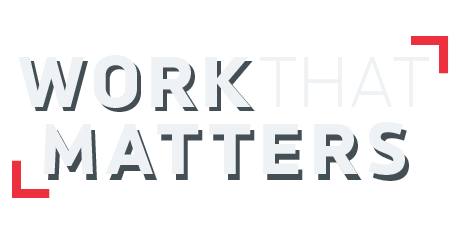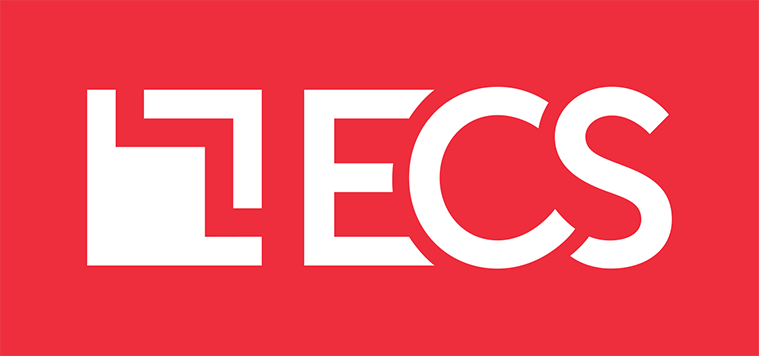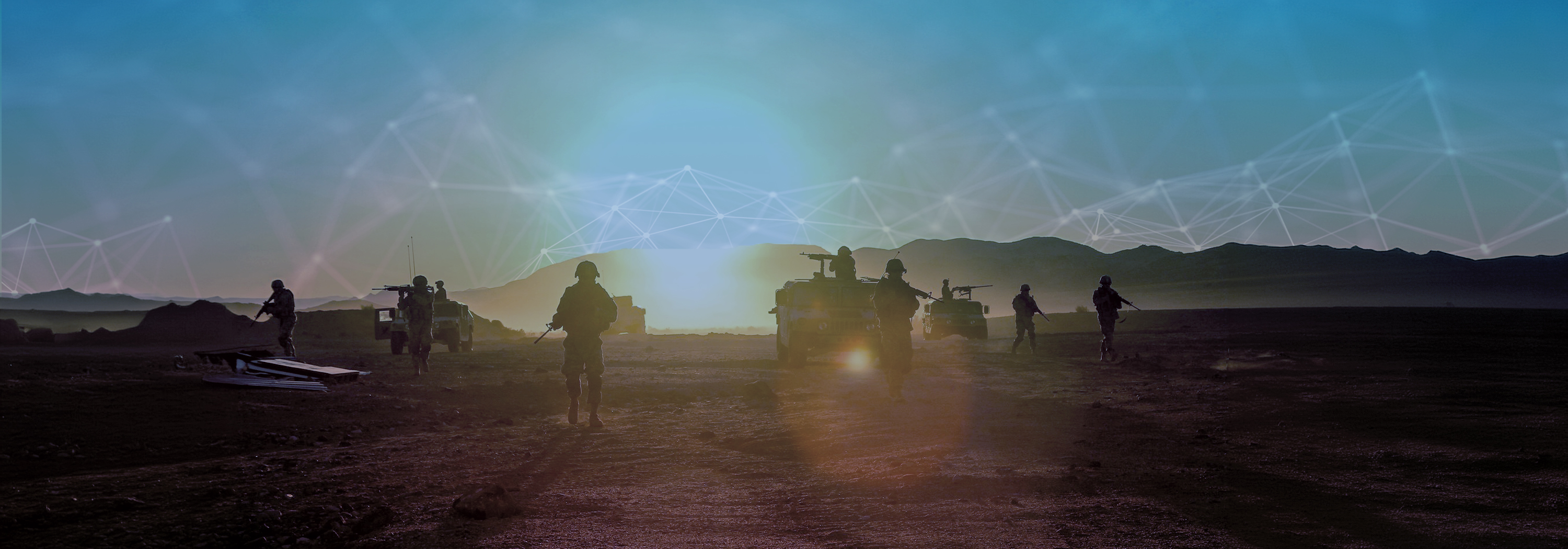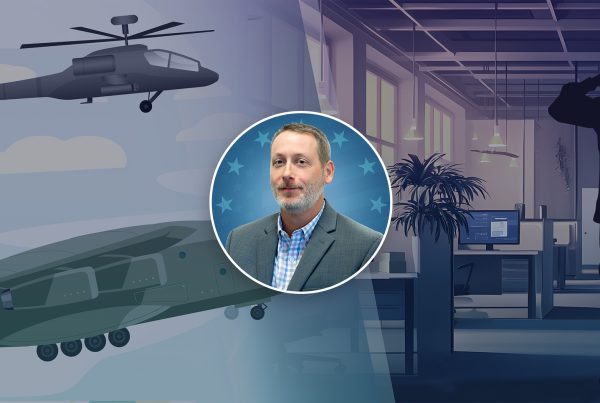Listen to article:
From the Army Endpoint Security Solution to the Army’s Integrated Personnel and Pay System and the DEVCOM Army Research Lab, ECS’ work for the U.S. Army has helped to support some of our nation’s most critical missions.
Mission Solutions Senior Director Raymond “RJ” Welsh joined ECS this year to help us build on that work and continue to deliver increasing value to the Army.
RJ lived and breathed network operations and cybersecurity for more than 10 active-duty Army years. Since then, he has spent 10-plus years in tech industry leadership positions, while continuing his service in the Army Reserve.
In other words, he possesses quite a blend of customer knowledge, technology chops, and business know-how and is a great addition to the ECS team that’s further aligning our capabilities with the Army’s needs. We caught up with RJ and chatted about his joining ECS and the tech innovation he foresees for the Army.

Raymond “RJ” Welsh
Mission Solutions Senior Director
Q. If you had to name one high-level theme of your 20-plus year career, what would it be?
A: The one theme through it all would be helping the U.S. Army tackle its technology challenges — all in support of keeping soldiers safe and enabling the Army to deliver a more lethal force than our adversaries can deliver.

During my active-duty years, I worked in cybersecurity, network operations, and network engineering. In the private sector, I’ve held several program management positions that’ve had me building-out next generation offensive cyber platforms, delivering full-spectrum IT services to combatant commands, and leveraging the Scaled Agile Framework to deliver bespoke software.
A few years ago, I heard about a Department of Defense project in computer vision and AI and learned that ECS was the prime contractor on that work. I also learned that Mark Maglin was running the Army Endpoint Security Solution as a managed service, which struck me as a very innovative approach to service delivery in the federal IT space.
More recently, I looked at where the Army and Department of Defense needs were heading — which was towards AI and data — and I wanted to be a part of that. I thought there might be no better way than to join Marshall Thames and Mark and help them build out ECS’ work with the Army and combatant commands.
Q. What special skills and strengths do you bring to your role?
A: I think one of my strengths is that I can communicate across tech, defense, and business realms. I can geek out with the engineers and then turn around and translate that into Army speak. I’ve spent 20 years in the Army — 10 active and 10 in the Army Reserve — so I speak Army and Joint. I can also then talk with the CFO about how we might, for example, structure our pricing for a body of work.
My understanding of tech is another strength I lean on a lot. My background in computer science and telecommunications gave me a strong technical foundation. It has enabled me to dive deep into network engineering and large-scale network design, then pivot into the services, platform buildouts, software development, IT program management, and now into AI, ML, and data analytics.
Finally, building and leading teams is something I think I do well, which is why I like program management. I’ve learned how to find talent, get the right people into the right roles, and set them up for success.
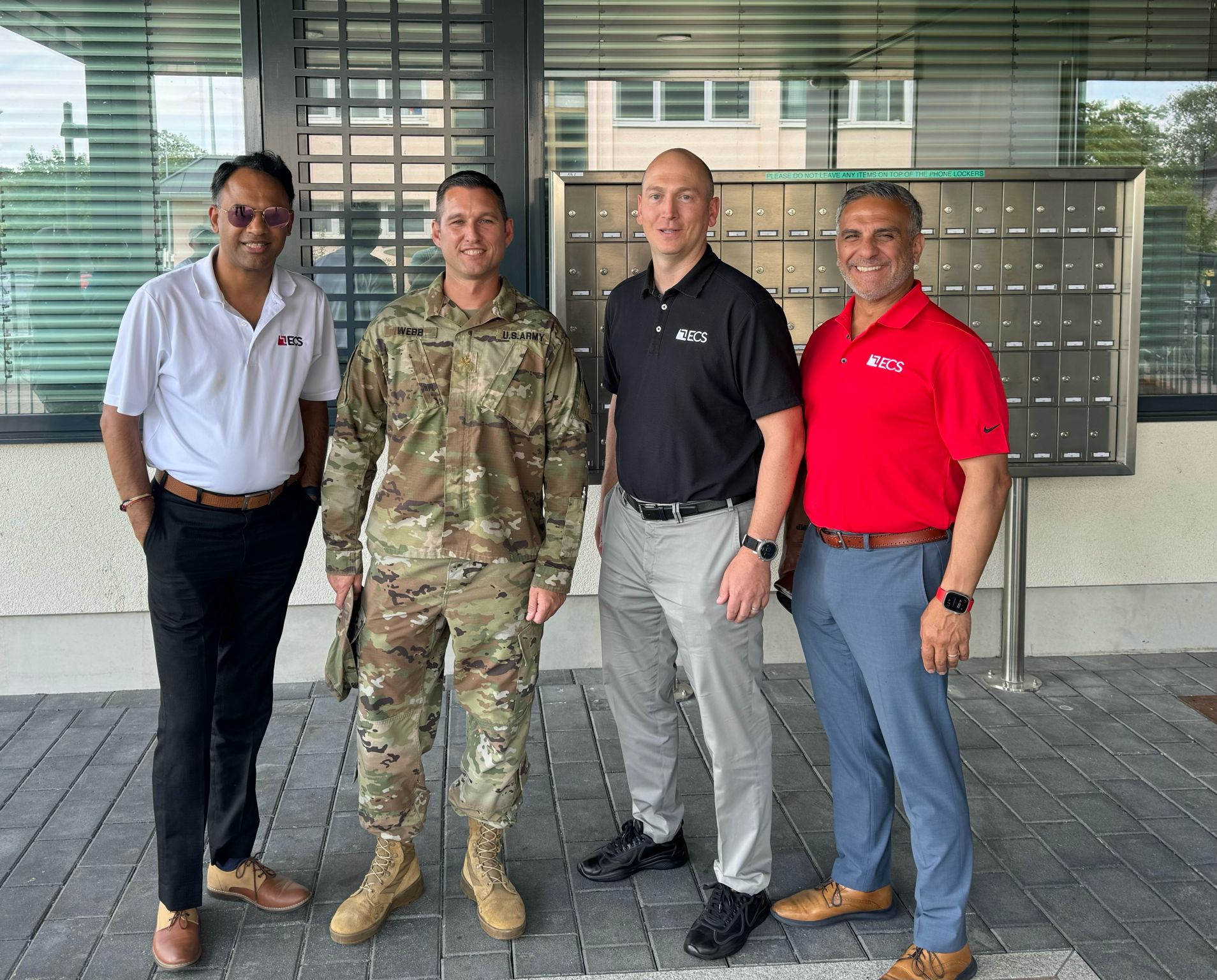
(From left to right) ECS Vice President of Defense Solutions Karthik Srinivasan, MAJ Webb, RJ Welsh, and Mission Solutions Director Alex Isaac at the 2024 USAG Wiesbaden/Clay Kaserne Technology Industry Expo.
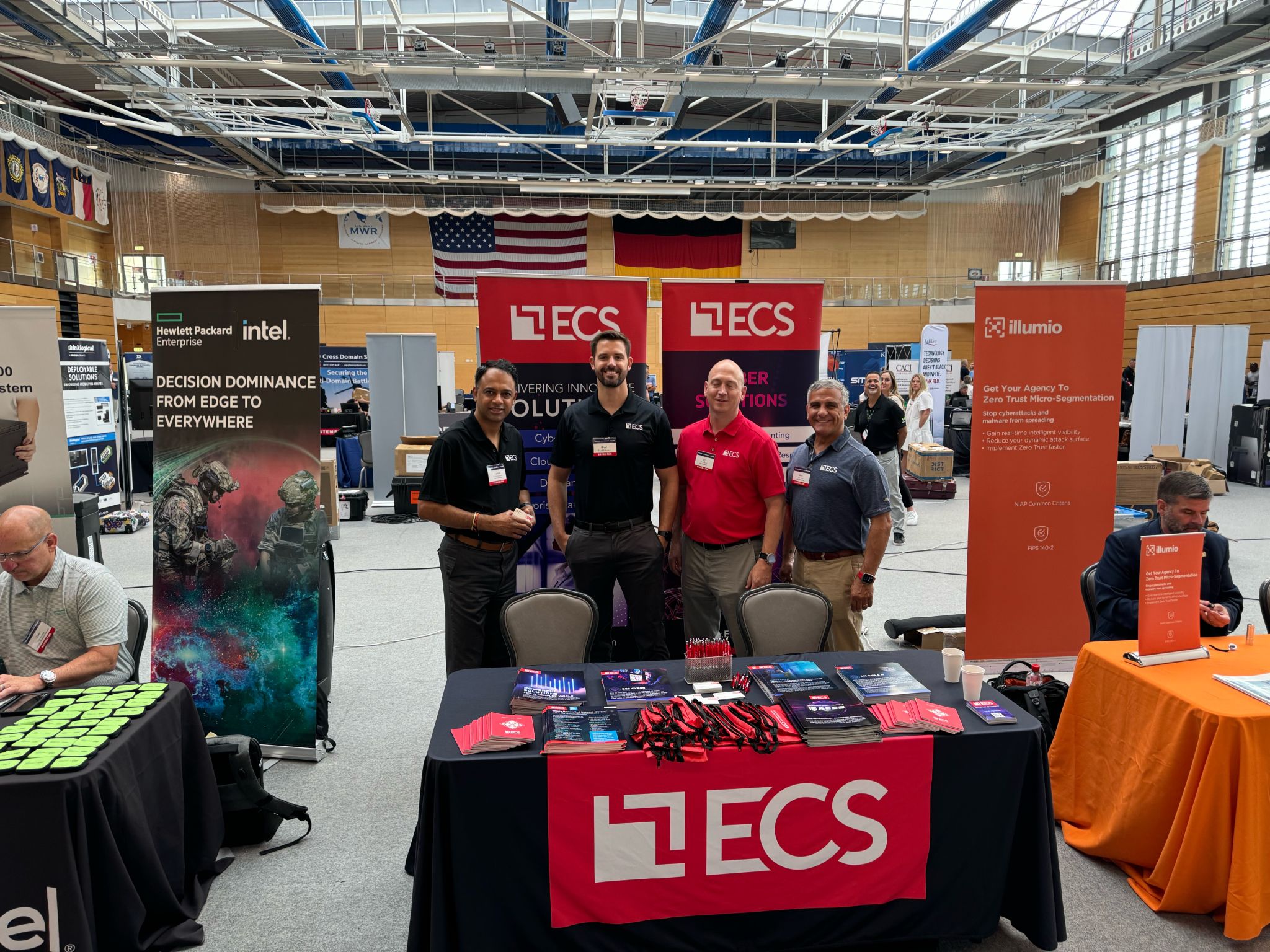
(From left to right) Karthik Srinivasan, Senior Project Manager and Field Service Representative Bradley Schmidt, RJ Welsh, and Alex Isaac in the exhibit hall at the USAG Wiesbaden/Clay Kaserne Technology Industry Expo.
Q. Can you give us a glimpse of how ECS might deliver new, powerful solutions for the Army in the years ahead?
A: One critical next step will be data mesh. The Army needs to modernize more of its data architecture before it can gain all the incredible intelligence and decision-making benefits of AI.
ECS is already doing data mesh on the Army Endpoint Security Solution, Sky Blue, SUNet, and AI Foundry. Building a new data platform for the whole Army would be a logical extension of so much successful work we’re already doing and would provide critical new capabilities for our Army customers.
There’s a lot of alignment between ECS capabilities and Army needs, and I’ve spent my first months here mapping out all the solutions we could deliver that align precisely with those Army needs. I’m looking forward to the possibility of our tackling this work in the months and years ahead.
